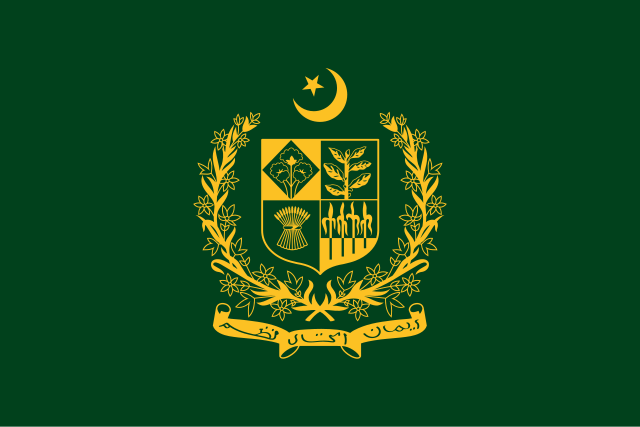NEWS DESK
ISLAMABAD: The annual performance evaluation of the National Security Committee (NSC) conducted by PILDAT for the timeframe from March 5, 2024, to March 4, 2025, highlights a disturbing trend in Pakistan’s governance structure. The NSC, which was established in 2013 as the primary forum for national security ‘decision-making’, did not convene a single meeting during the entire year. 2024-25, therefore, became the first year since the formation of the NSC when the Committee did not meet even once. While the federal cabinet regularly meets, there is no indication either that the Cabinet Committee on Defence which provided such a forum before the creation of NSC, has been re-operationalised.
During his tenure from 2013-17, former PM Nawaz Sharif convened only eight NSC meetings, while Mr. Shahid Khaqan Abbasi (during his tenure of August 2017-May 2018) significantly increased the frequency, averaging nearly 10 meetings per year. Mr. Imran Khan, former PM (2018-22) averaged approximately three NSC meetings annually, whereas Mr. Shehbaz Sharif, in his previous tenure from 2022 to 2023, convened an average of five per year. However, in the past year (2024) of the current PML-N-led coalition government, which took office in March 2024, the NSC has not met a single time, despite escalating security threats, especially the terrorism-related incidents both in Khyber-Pakhtunkhwa (KP) and Baluchistan.
The absence of NSC meetings is also reflected in the government’s responses to security incidents. Instead of convening the NSC, the government seems to have relied on military-led forums such as the Corps Commanders Conference and the Apex Committee of the National Action Plan. This has further sidelined the NSC’s role in structured policymaking.
Another critical concern is the continued absence of a National Security Advisor (NSA), leaving a strategic vacuum in Pakistan’s security policy framework. In contrast, countries with established national security mechanisms, such as the United Kingdom, ensure regular NSC meetings, often every week, to proactively manage security risks. PILDAT believes Pakistan’s lack of an institutionalized national security approach weakens democratic oversight and limits the country’s ability to respond effectively to security threats through structured consultations.
PILDAT believes neglect of the NSC and the rise of non-traditional forums may lead to a lack of coordination and coherence in national security policymaking, this, in turn, can exacerbate existing security challenges and create new ones.
PILDAT believes that concentration of power in non-traditional forums and the military can lead to a decline in civilian oversight and accountability, ultimately undermining the principles of democracy and the rule of law.
PILDAT recommends NSC should be required to convene at least once a month, with this provision incorporated into the Rules of Business to ensure compliance. PILDAT suggests that the Planning Committee and Advisory Board of the NSC which were originally envisaged in the scheme, should be fully formed and activated to provide research-backed assessments and recommendations for security policy. PILDAT recommends government should conduct a strategic review of the NSC’s role and functioning, to strengthen its capacity and effectiveness in addressing national security challenges.














